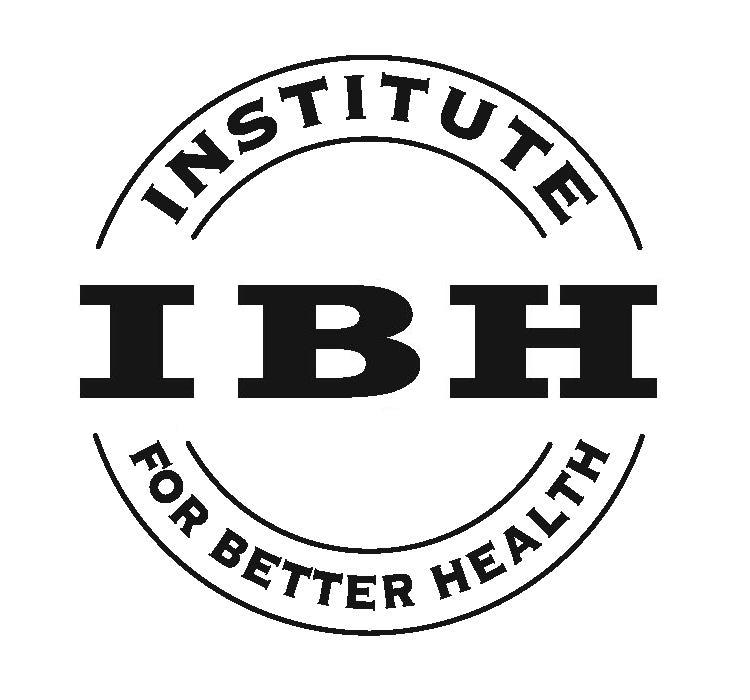
ADVANCES IN TRAUMA TREATMENT
Trauma, Memory, and the Restoration of One's Self
with Bessel van der Kolk, M.D.
Dr. van der Kolk’s research transforms our understanding of traumatic stress, revealing how it literally rearranges the brain’s wiring—specifically areas dedicated to pleasure, engagement, control, and trust. He shows how these areas can be reactivated through innovative treatments including neurofeedback, somatically based therapies, EMDR, psychodrama, play, yoga, and sensory integration methods such as dance and movement.
12 CE/CME Credits Available

Regular Registration: $427.00
Early Registration: $397.00
Course Description
Dr. van der Kolk will describe how movement affects memory processing and how trauma affects time awareness. By attending this workshop, you’ll gain a new understanding of the neuroscience of traumatic stress and the research demonstrating the efficacy of mind-body treatment approaches. Dr. van der Kolk will present research data evaluating each set of interventions, show videos of clinical examples, and discuss the integration of these approaches during different stages of treatment.
Dr. van der Kolk’s course has been receiving rave reviews around the country and we hope you can join us -- You will leave the workshop feeling transformed and equipped with new tools and techniques to use with your clients immediately!

Can't make it to the workshop in person? Join us for the online webcast! You'll have the chance to ask questions directly to the speaker, access all materials and handouts, and engage in an online forum with your peers, all from your own home or office!

Highlights
Brain Development and Early Life Trauma
- How the brain regulates itself
- The derailment of developmental processes and brain development due to trauma, abuse, and neglect
- How the brain responds to treatment
- Interpersonal neurobiology
- Adaptations to trauma early in the life cycle
- The challenge of affect regulation
- Chronic destructive relationships towards self and others
- Dissociation and amnesia
- Self-blame, guilt, and shame
- Chronic distrust and identification with the aggressor
- Instinct of Purpose
Memory and the Body
- The neurobiology of traumatic stress
- Learned helplessness and learned agency
- Coming to stillness
- Restoring active mastery and the ability to attend to current experiences
- Somatic re-experiencing of trauma-related sensations and affects that serve as engines for continuing maladaptive behaviors
- How the body keeps the score and how trauma is played out in the theater of the body
- How trauma affects the way you experience yourself and your surroundings
- Trauma and the fragmentation of the self
- Dealing with parts: managers and firefighters
- Memory processing: EMDR - how it works and for whom
Treatment and Interventions
- Affect and impulse deregulation
- Disturbances od attention, cognition, and consciousness
- Distortions in self-perception and systems of meaning
- Getting in touch with one's self
- Somatization and biological dysregulation
- The development of DTD in the DSM-5® as a diagnosis
- The role of body-oriented and nuerologically-based therapies to resolve the traumatic past
- Alternatives to drugs and talk therapy
- Experiences with self-regulation: breathing, moving, mindfulness, and yoga
- Play and Theatre
- Dance, movement, and sensory integration
- Applied Neuroscience: Changing the brain with neurofeedback
Attachment and Psychopathology
- How to overcome destabilization and disintegration
- The compulsion to repeat-origins and solutions
- Difference between disorganized attachment and traumatic stress
- Attachment and attunement
“...Bessel van der Kolk leads the way in understanding the impact of trauma and helping people heal from overwhelming life experiences.”
– Daniel J. Siegel, M.D.
Clinical Professor, UCLA School of Medicine

Early registration is still available! Sign up today, save money, and earn your CEs!
For full CE/CME information, speaker disclosure information, and FAQ -- CLICK HERE
